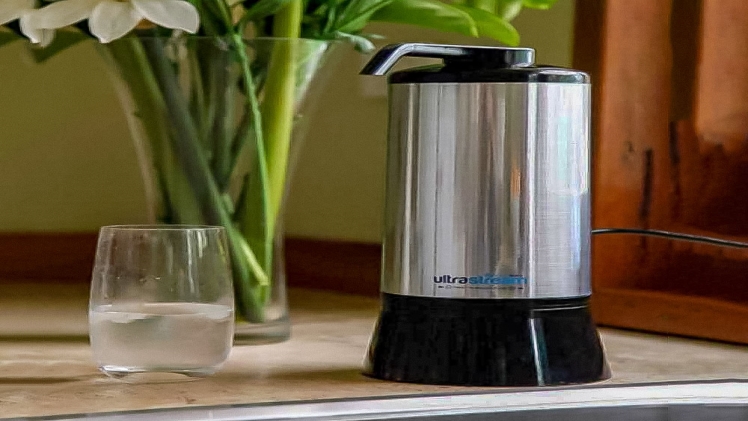Firstly, what are ionizers?

An ionizer is a device that releases negatively charged ions into the air. These ions attach themselves to positively charged particles such as dust and bacteria, causing them to become heavier and eventually fall to the ground. The process of releasing negative ions into the air is called ionization.
How do ionizers work?
Ionizers work by using high voltage to create negative ions that bind with airborne particles, neutralizing them. They use either a mechanical or electronic method to create an electrical field that attracts and eliminates airborne pollutants, allergens, and other harmful particles. They can be incorporated into air purifiers, allowing them to filter the air in a given area.
Benefits of using an ionizer
1. Improved air quality
Ionizers help to remove allergens, bacteria, viruses, and other harmful particles from the air, which can reduce the risk of respiratory infections and allergies.
2. Odor elimination
Ionizers can remove unpleasant odors in the air, such as cigarette smoke, pet odors, and cooking smells, making the air fresher.
3. Low maintenance
Ionizers require minimal maintenance as they do not have filters that need to be replaced regularly.
4. Energy-saving
Ionizers are energy efficient, consuming minimal electricity when compared to traditional air purification systems.
Potential drawbacks of using an ionizer
1. Ozone emissions
Ionizers can produce ozone, a chemical that can be harmful when inhaled in large quantities. The EPA has set strict limits on the amount of ozone that can be produced by air purifiers to reduce the risk of exposure.
2. Ineffectiveness against larger particles
Ionizers may not be effective against larger particles such as mold and pollen, which require specialized filters to capture.
Conclusion
In conclusion, ionizers are a useful technology that can help to improve indoor air quality by removing harmful particles from the air. They have several benefits, including odor elimination, low maintenance, and energy-saving. However, they do have some potential drawbacks, such as the production of ozone and their ineffectiveness against larger particles. When considering an ionizer air purifier, review the product specifications and ensure that it is effective in addressing the pollutants in your environment.